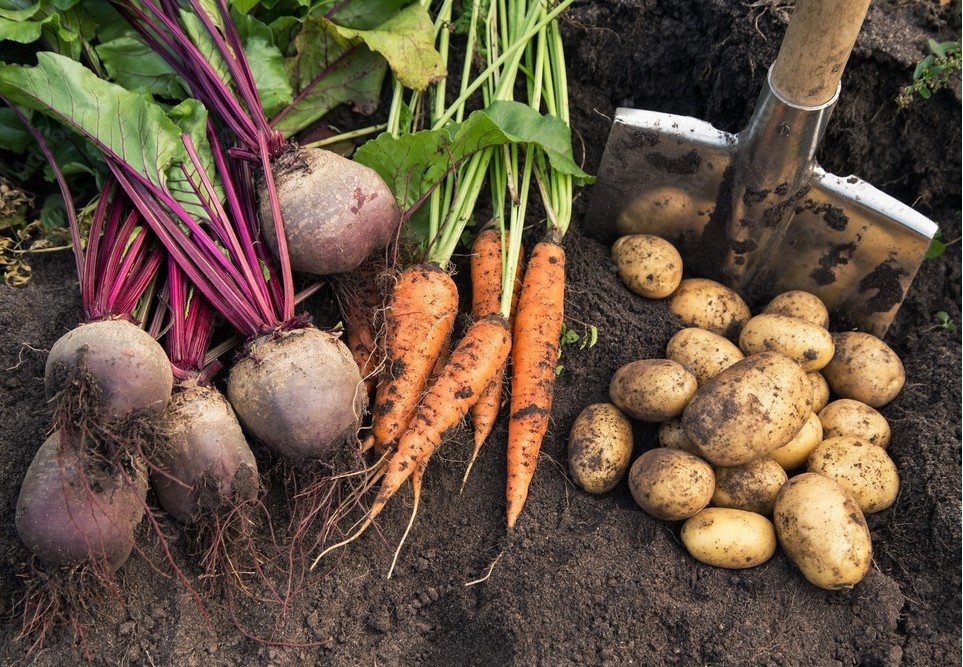Azolafam Ltd.: 31st Jan. 2025 { https://www.azolafam.com/ } On 20th January, we @ylua2_admin_azolafam had the privilege…
AAzolafam Ltd.: 14th April 2025 { https://www.azolafam.com/ }

As consumers become increasingly aware of the impact of their food choices on their health and the environment, organic farming has emerged as a popular alternative to conventional farming methods. Organic farming is a production system that avoids the use of synthetic fertilizers, pesticides, and genetically modified organisms (GMOs), instead relying on natural methods to promote soil health, biodiversity, and ecosystem balance. In this blog post, we'll explore the benefits of organic farming and consuming organic products.

Benefits of Organic Farming
Organic farming offers numerous benefits for the environment, farmers, and consumers. Some of the key benefits include:

Benefits of Consuming Organic Products
Consuming organic products offers numerous benefits for human health and the environment. Some of the key benefits include:
Challenges and Opportunities
While organic farming offers numerous benefits, it also presents challenges, such as:
Despite these challenges, the demand for organic products is growing, driven by consumer interest in healthy and sustainable food options. As the organic sector continues to evolve, there are opportunities for farmers, processors, and consumers to promote sustainable agriculture and improve human health.

Conclusion
Organic farming and consuming organic products offer numerous benefits for the environment, farmers, and consumers. By choosing organic products, consumers can support sustainable agriculture, promote environmentally friendly farming practices, and improve their health and well-being. As the demand for organic products continues to grow, it's essential to promote and support sustainable agriculture practices that benefit both people and the planet.